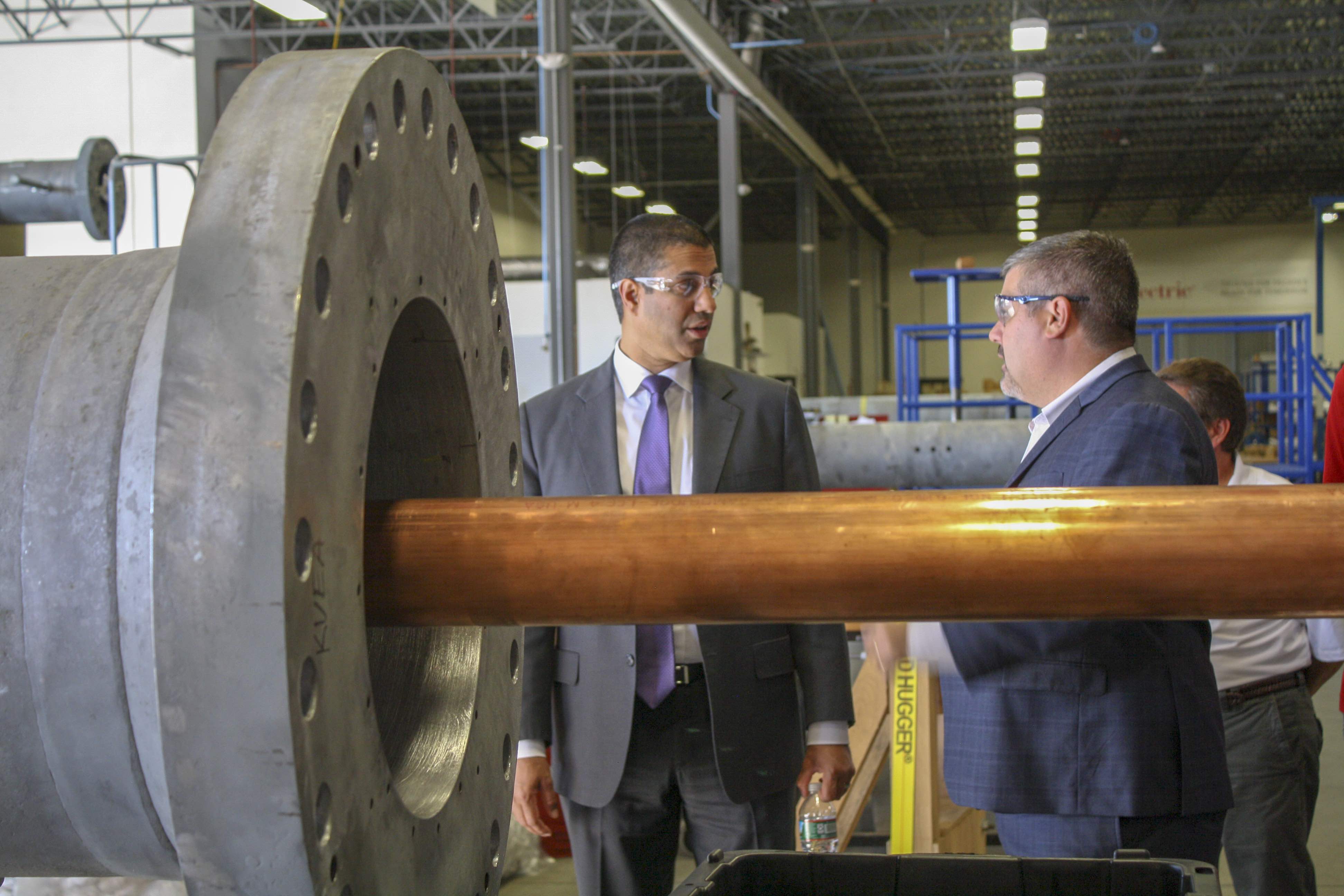FCC to ‘Be Flexible’ With Repack Issues
RAYMOND, Maine—After a pair of meetings over the last five months, the FCC has heard from a number of broadcast companies and representatives about issues concerning repack site completions. Following the most recent meeting on Jan. 31, where the FCC Incentive Auction Task Force and Media Bureau met with these representatives, there seems to be a key takeaway:
“The FCC will be flexible in considering STA applications, and extensions if justified, potentially allowing more stations to use interim antennas to meet phase deadlines,” said Keith Pelletier, vice president and general manager of Dielectric, which was one of the companies that attended the meeting.

Severe winter weather and a shortage of qualified tower crews are part of the reason why there is concern over whether broadcasters will be able to meet phase deadlines. As these delays continue to build, they could eventually impact the implementation of permanent antennas.
“Some of our customers have been forced to place their permanent repack antennas in storage,” said Pelletier in a press release. “Stations that fail to vacate their channels in time could prevent stations in future phases from staying on schedule,due to the critical linked changes in the transition plan. We see potential for a serious bottleneck in phases three through six.”
Dielectric contends that because there are more crews capable of safely installing side-mounted broadband antennas, installing these interim solutions could help keep the repack schedule on track.
“The FCC had indicated their willingness to approve interim facilities for reimbursement with suitable engineering support, demonstrating that the interim facility does not significantly harm the station’s over-the-air viewership,” said Jay Martin, vice president of sales for Dielectric. “If the choice becomes going off-air or staying on the existing channel and disrupting critical linkages, operating an interim facility may be a viable compromise for all concerned.”
About 143 stations moved during phase one of the repack, which ended Nov. 30, 2018, with another 115 scheduled to move by the April 12 deadline for phase two. More than 30 of these stations are now operating under STA approvals. More than 400 stations are expected to move channels in phases three to six between mid-April and Oct.18.
The professional video industry's #1 source for news, trends and product and tech information. Sign up below.
For all the latest news and insight on the repack, visit our repack silo.
